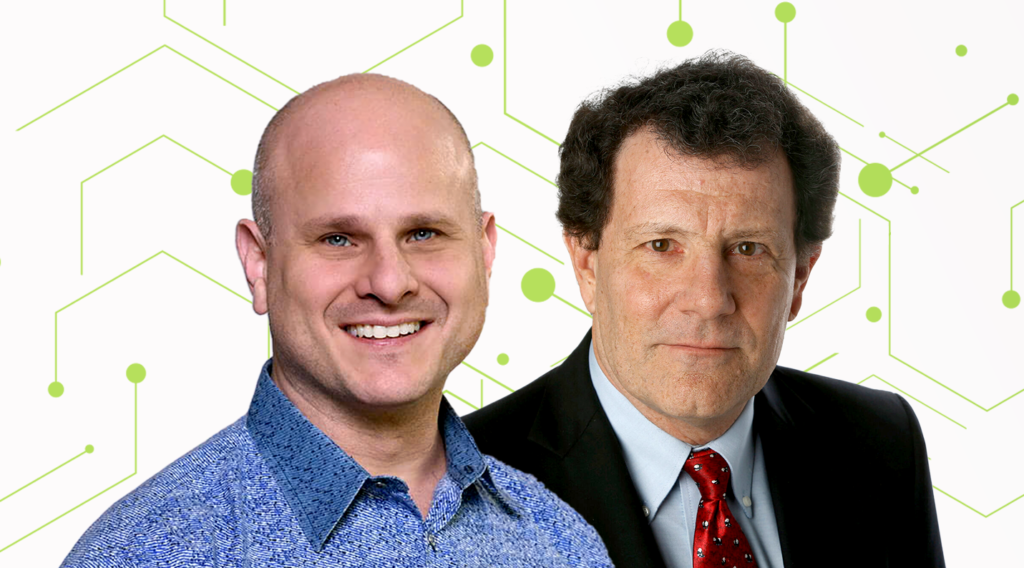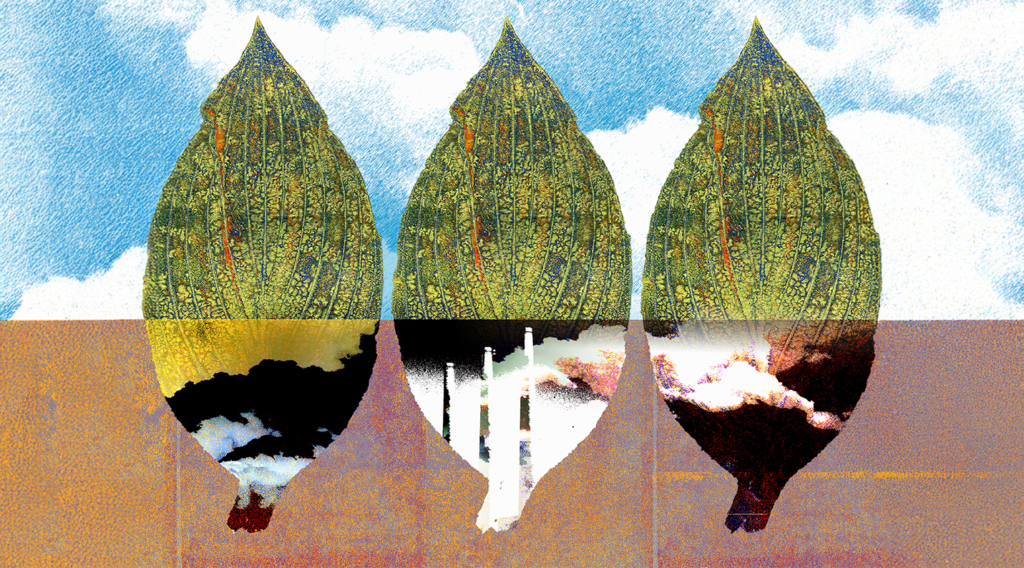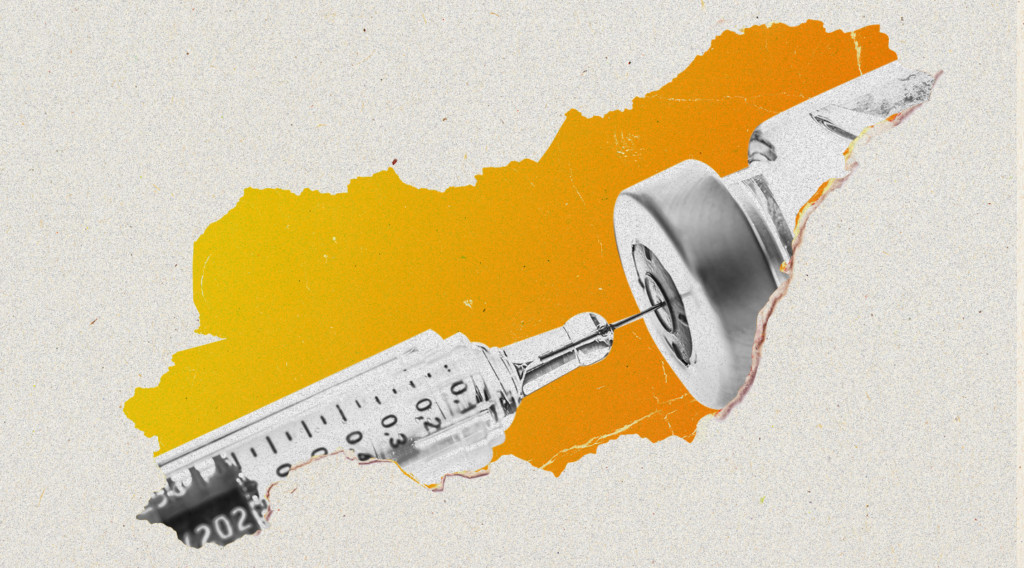Behavioral Economics, Then and Now: A Conversation With Alex Imas
Alex Imas and Richard Thaler teamed up to update a landmark book in behavioral economics. In doing so, they chart where behavioral economics began, where it is now, and where it could go next.










